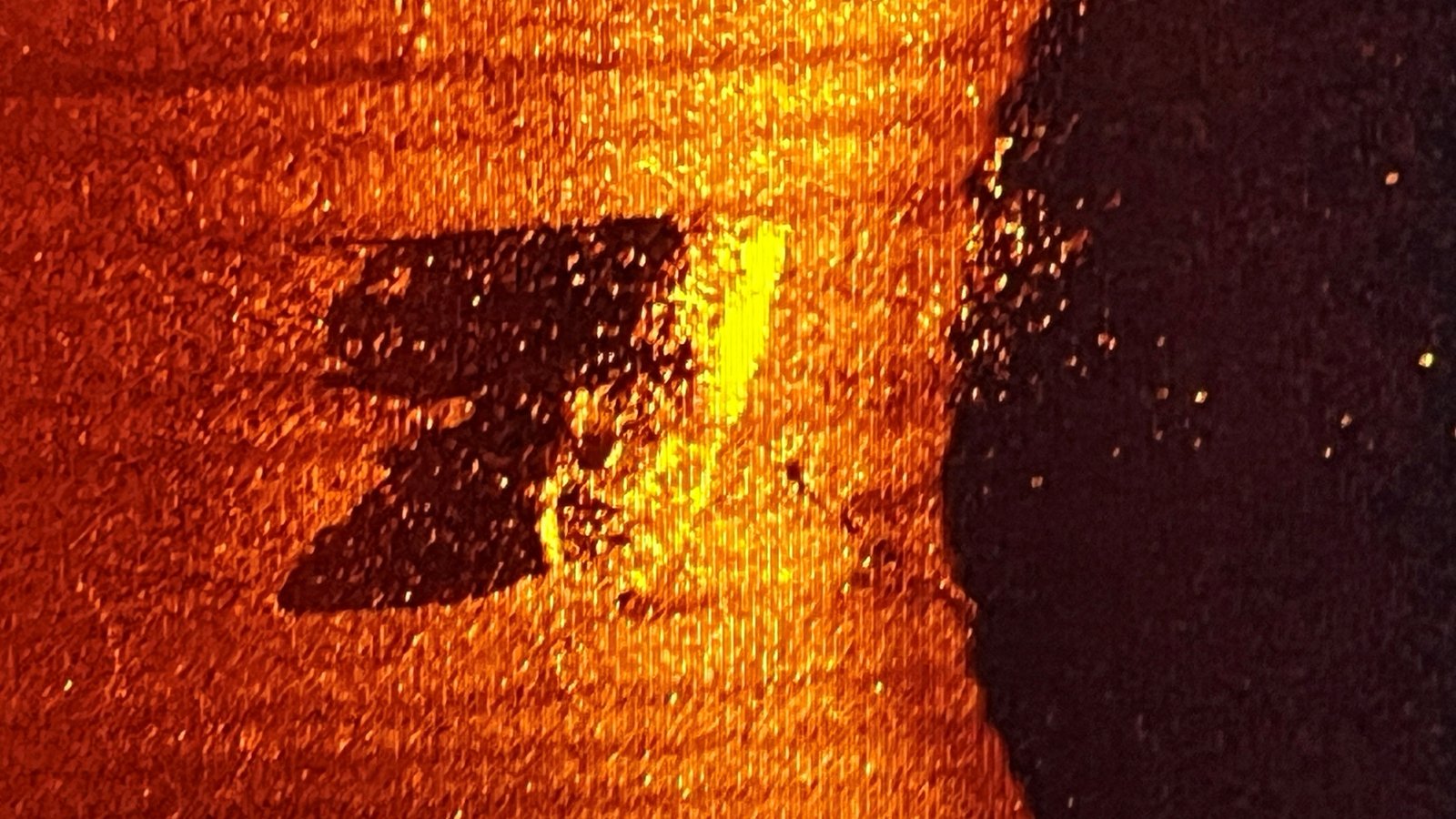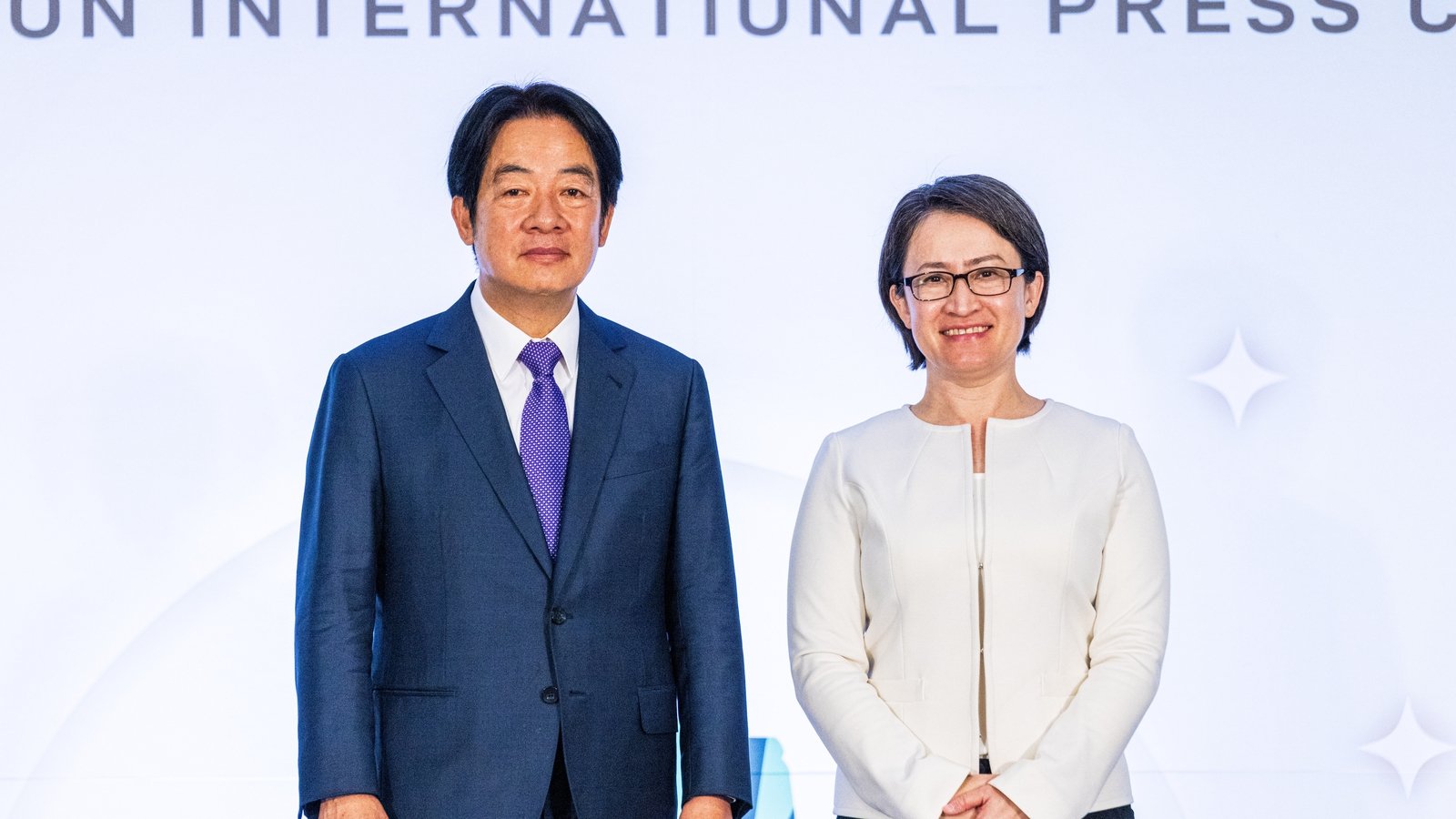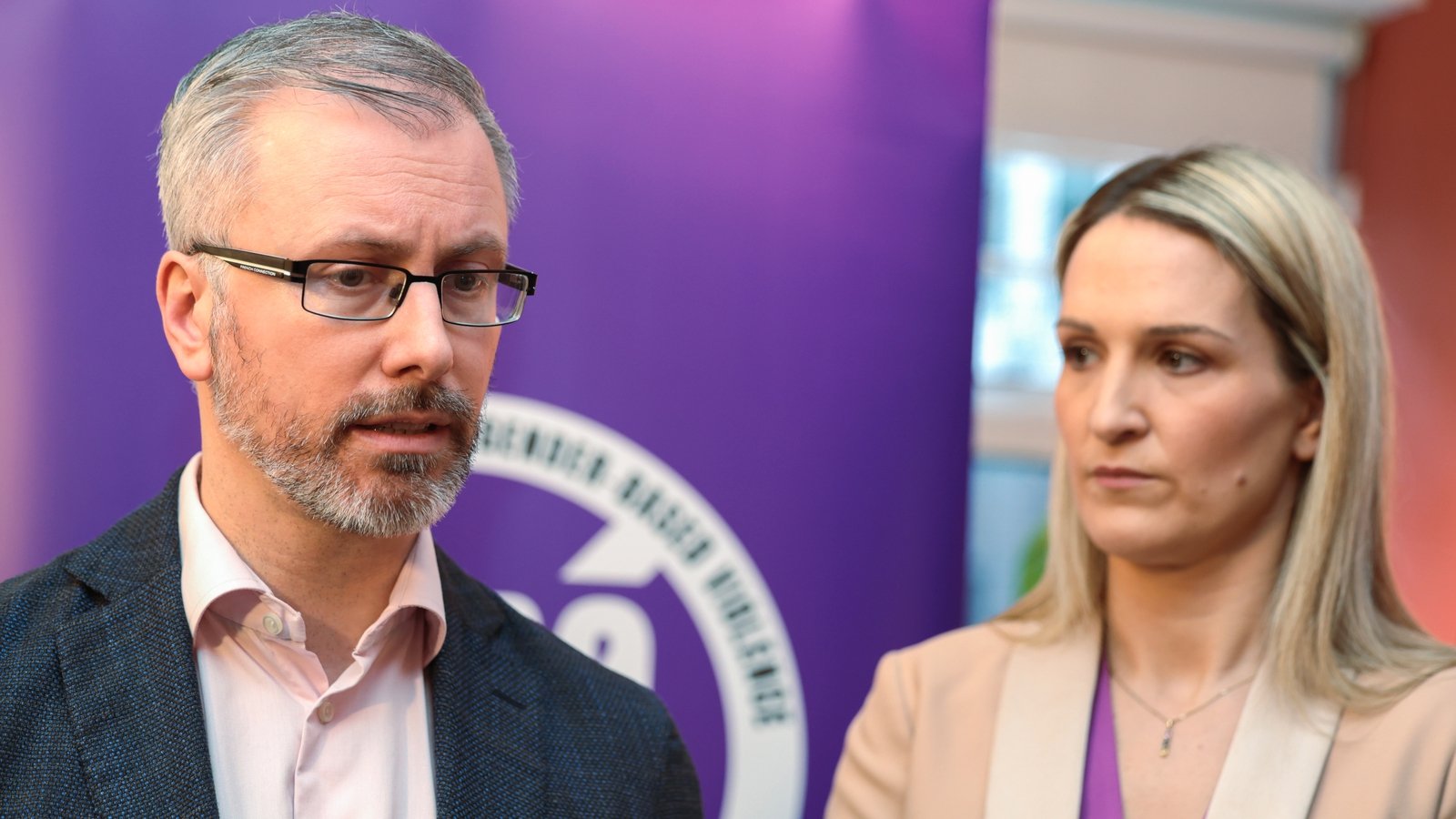Will the UN’s Palestinian refugee agency survive?
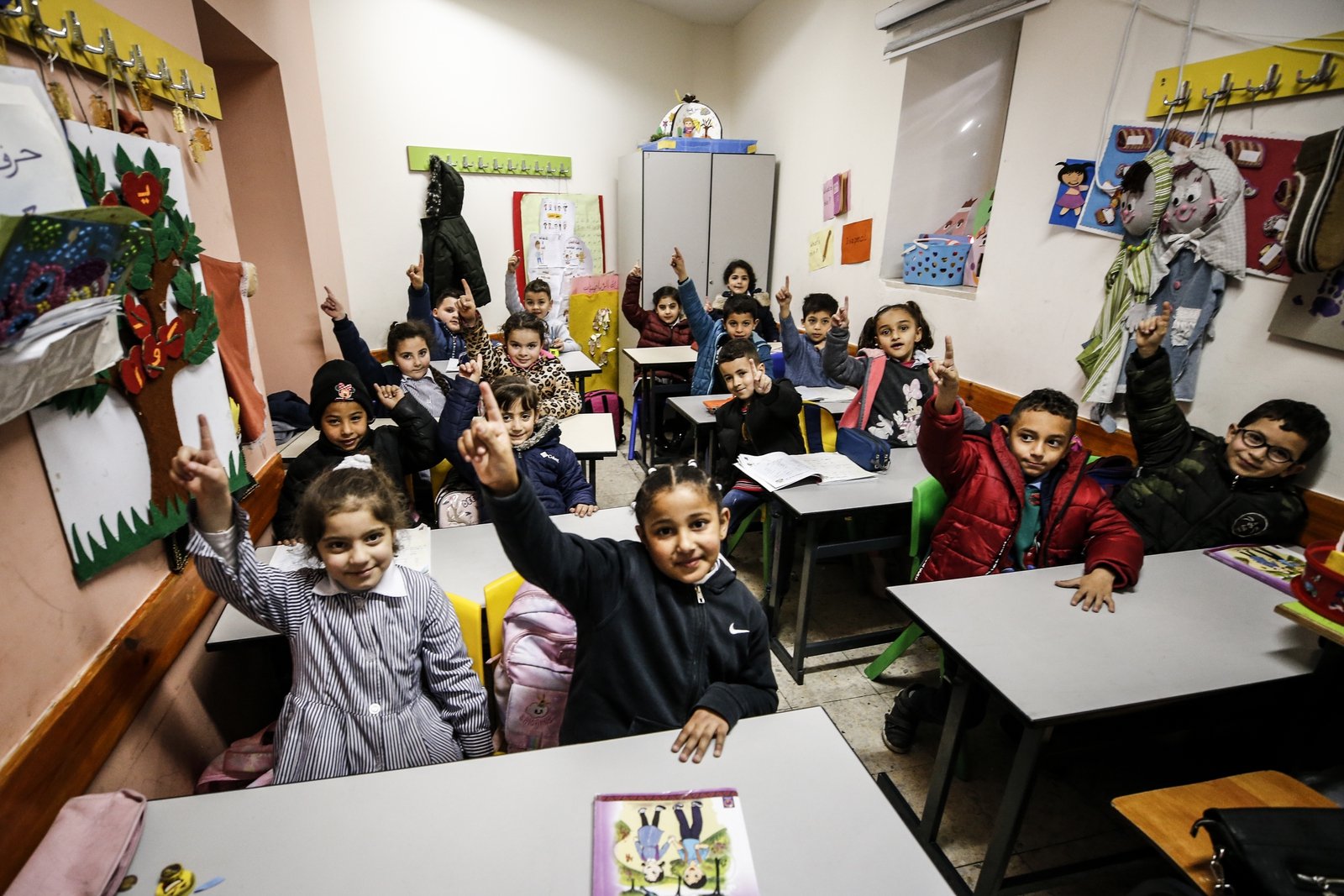
The mission of the UN agency set up to aid Palestinians displaced during the creation of the state of Israel must end, the Israeli Prime Minister said this week.
And it was about time the UN understood that, he added.
Benjamin Netanyahu’s stark conclusion on UNRWA was delivered on Wednesday to a meeting of nine UN ambassadors during their visit to Israel.
UNRWA was “totally infiltrated with Hamas”, he told the envoys, citing the allegations that emerged last week that implicated 12 UNRWA employees in the 7 October Hamas attacks.
The UN called the allegations “credible”, immediately terminated the employment of the staff and launched an investigation.
But the damage was done. Major donors announced a pause in funding to the already cash-strapped agency.
On Friday, UN human rights experts issued a joint statement on the “harmful decision” by 18 states to suspend donations.
“These announcements come at an existential moment for over two million Palestinians in Gaza enduring catastrophic living conditions due to Israel’s large-scale military attack that the International Court of Justice (ICJ) considers a plausible genocide,” the statement read.
UNRWA’s survival now hangs in the balance.
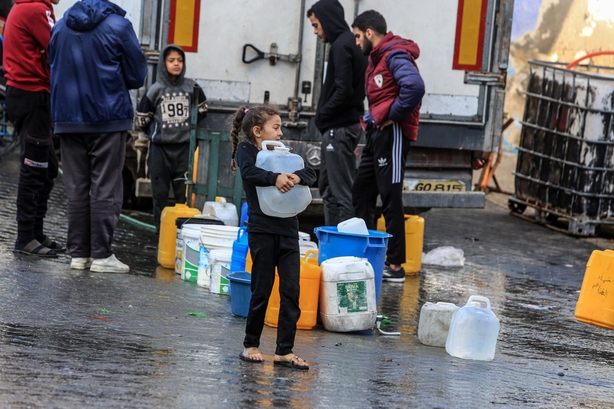
The episode has rocked the UN leadership at a moment when relations with Israel were already at a low point.
But this isn’t the first time Israel has called for UNRWA to be dismantled.
Israeli officials see the UN agency as part of the problem because, as Mr Netanyahu put it to the UN ambassadors this week, it’s “self-perpetuating in its desire to keep alive the Palestinian refugee issue”.
The Palestinian refugee issue prompted the establishment of UNRWA in 1949.
The 700,000 Palestinians who fled or were forcibly displaced in the 1948 Arab-Israeli war found refuge in UNRWA facilities. Hundreds of thousands followed in subsequent conflicts.
But the temporary shelters and schools have since become permanent, as generations of Palestinians have grown up in UNRWA refugee camps in Jordan, Lebanon, Syria as well as in the Occupied Palestinian Territories.
And UNRWA has developed into the largest humanitarian operation in the region, employing 30,000 staff, 13,000 in Gaza alone. More than 150 of its staff have been killed in Israeli shelling, since the outbreak of the Israeli-Hamas conflict.
Last year, on the 75th anniversary of the mass displacement of Palestinians, UNRWA’s Commissioner General Philippe Lazzarini said the plight of Palestine refugees remained the “longest unresolved refugee crisis in the world”.
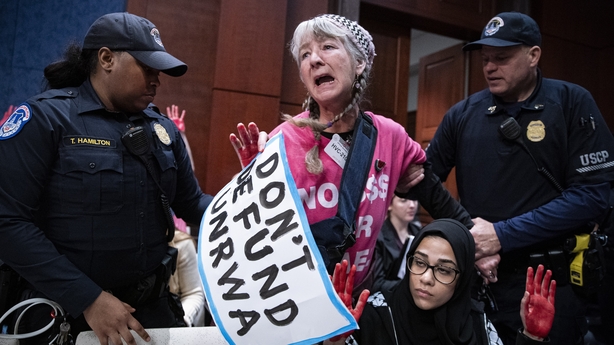
But leaving that meeting with the Prime Minister of Israel on Wednesday, the UN ambassadors would have been left in no doubt that the Israeli government wants it resolved with UNRWA shut down.
Human Rights Watch told RTÉ News there was “a longstanding campaign” by some Israeli officials and US members of Congress to undermine the agency, and that it had seen some success in the past.
In 2017, Mr Netanyahu told the then US Ambassador to the United Nations, Nikki Haley, that UNRWA perpetuated, rather than solved, the Palestinian refugee problem and that it stoked anti-Israeli sentiment.
Ms Haley – a Trump appointee – agreed, and the following year, the United States, UNRWA’s largest donor, cut off funding.
It was later reinstated when President Biden took office, but suspended again this week pending the investigation into the allegations of complicity in the 7 October attacks.
These latest revelations have put the agency back in the sights of lawmakers on Capitol Hill, who want to see an end to US support for the agency for good.
In a Congressional hearing on Tuesday, Republican Congressman Chris Smith said UNRWA was “the identical twin of Hamas”.
Mr Smith, who chairs the House Foreign Affairs subcommittee on Global Health, Global Human Rights and International Organizations, introduced a bill that would prohibit the US from sending money to UNRWA – or any successor agency – ever again.
The US is Israel’s staunchest ally and sends billions of dollars in military aid to Mr Netanyahu’s government every year.
The US also hands as much as $400m annually in voluntary contributions to UNRWA, dwarfing any other individual donations.
This week the US Ambassador to the UN, Linda Thomas-Greenfield said the US would want to see “fundamental changes” to UNRWA before funding is restored.
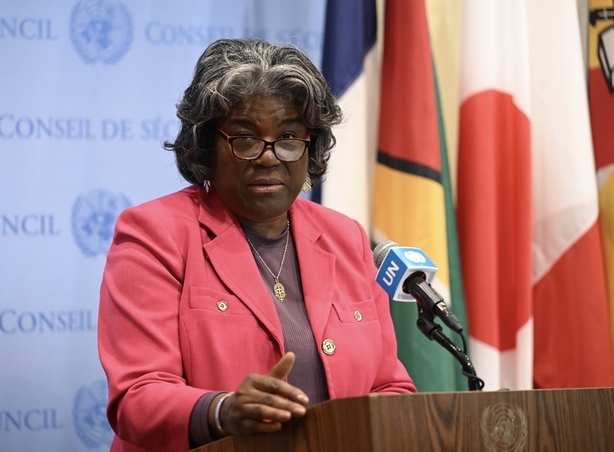
For donors to suspend funds now, given the humanitarian crisis on the ground was “completely divorced from the reality where UNRWA is providing people with bread, water, shelter, food and medical care,” Akshaya Kumar of Human Rights Watch told RTÉ News.
It’s a refrain that echoed through the halls of the UN Secretariat building in New York this week, as UN officials grappled with the fallout from the allegations.
Secretary General António Guterres called UNRWA “the backbone” of the humanitarian response in Gaza. His aid chief, Martin Griffiths, said it was its “beating heart”.
And Sigrid Kaag, who has just taken up her post as senior aid co-ordinator for Gaza, said there was “no way” UNRWA could be replaced.
Their urgent appeals reached the ears of major donors on Tuesday, when the representatives of more than 30 member states gathered in a basement conference room to hear how the UN was going to deal with the crisis engulfing its agency.
At the meeting, the Secretary General personally thanked Ireland for being one of the few member states to continue funding.
The delegates heard about the investigation by the UN’s Office of Internal Oversight Services that is already under way, but could take a month to issue its preliminary findings.
That’s quick by UN standards, but too long for Gazans on the brink of famine, aid agencies said.
If funding was not restored, UNRWA announced it would be forced to cease operations by the end of the month.
But critics of the UN’s Palestinian refugee agency said the Secretary General should not have been “shocked” by the allegations last week, because they had been raising concerns with his office about extremist elements within UNRWA for some time.
“For the past nine years … we’ve been uncovering publishing and submitting to the UN and to UNRWA, evidence of widespread and systematic incitement to jihadi terrorism, the praise of Nazi leader Adolf Hitler, calls to slaughter Jews on the part of UNRWA teachers, school principals, and other employees,” Hillel Neuer of UN Watch, an NGO, said in testimony to US Congress on Tuesday.
UN Watch also reported that the textbooks used in UNRWA schools promoted jihad and anti-Semitism to Palestinian children.
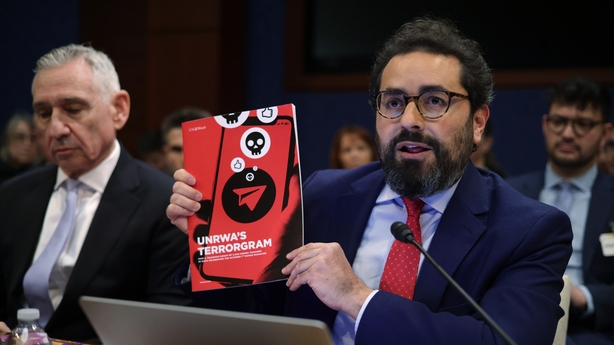
An UNRWA spokesperson told RTÉ News that the agency does not produce its own textbooks, using those provided by the host government, in accordance with common UN practice worldwide.
“The curriculum is a matter of national sovereignty of the states that we operate in,” UNRWA spokesperson Juliette Touma said.
“We give training to the teachers on how to teach content that is considered contested in our schools,” she added.
Ms Touma added that independent reviews conducted by international organisations had “vouched for the quality of education in UNRWA schools”.
Should the UN have done more earlier to address concerns raised by Israeli officials and organisations like UN Watch?
“There are always things you could point to where they could have done things differently,” Jorgen Jensehaugen from the Peace Research Institute Oslo, told RTÉ News.
But he said his research showed that UNRWA leadership had in the past “gone out of its way” to sanction employees for doing things, “more than was necessary, because they’ve been so afraid of donors punishing them”.
Before the latest allegations came to light, UNRWA had already announced a review of the criticism of its operations, which had increased since the outbreak of hostilities on 7 October, UNRWA spokesperson Juliette Touma told RTÉ News.
UNRWA regularly shares the names of employees with Israel, Ms Touma added.
When they submitted them to the Israeli authorities in May last year, there was no “objection or red flag or even a response to the content of those lists”, she told RTÉ News.
Asked about previous concerns raised about UNRWA employees, a spokesperson for the Secretary General told RTÉ News they had never before seen “allegations to this level.”
With UNRWA now on the brink of bankruptcy, the consequences could be a “massive tragedy”, according to Mr Jensehaugen.
“In Gaza, it means almost no humanitarian aid getting in,” he told RTÉ News.
“It means very little protection for the refugees. It means no prospect of schools running once the war is over,” he said.
In the West Bank, where UNRWA runs the schools and hospitals, its collapse could take the Palestinian Authority down with it, sparking even more violence, he said.
UNRWA has been in crisis before. But this time, it may not survive.

